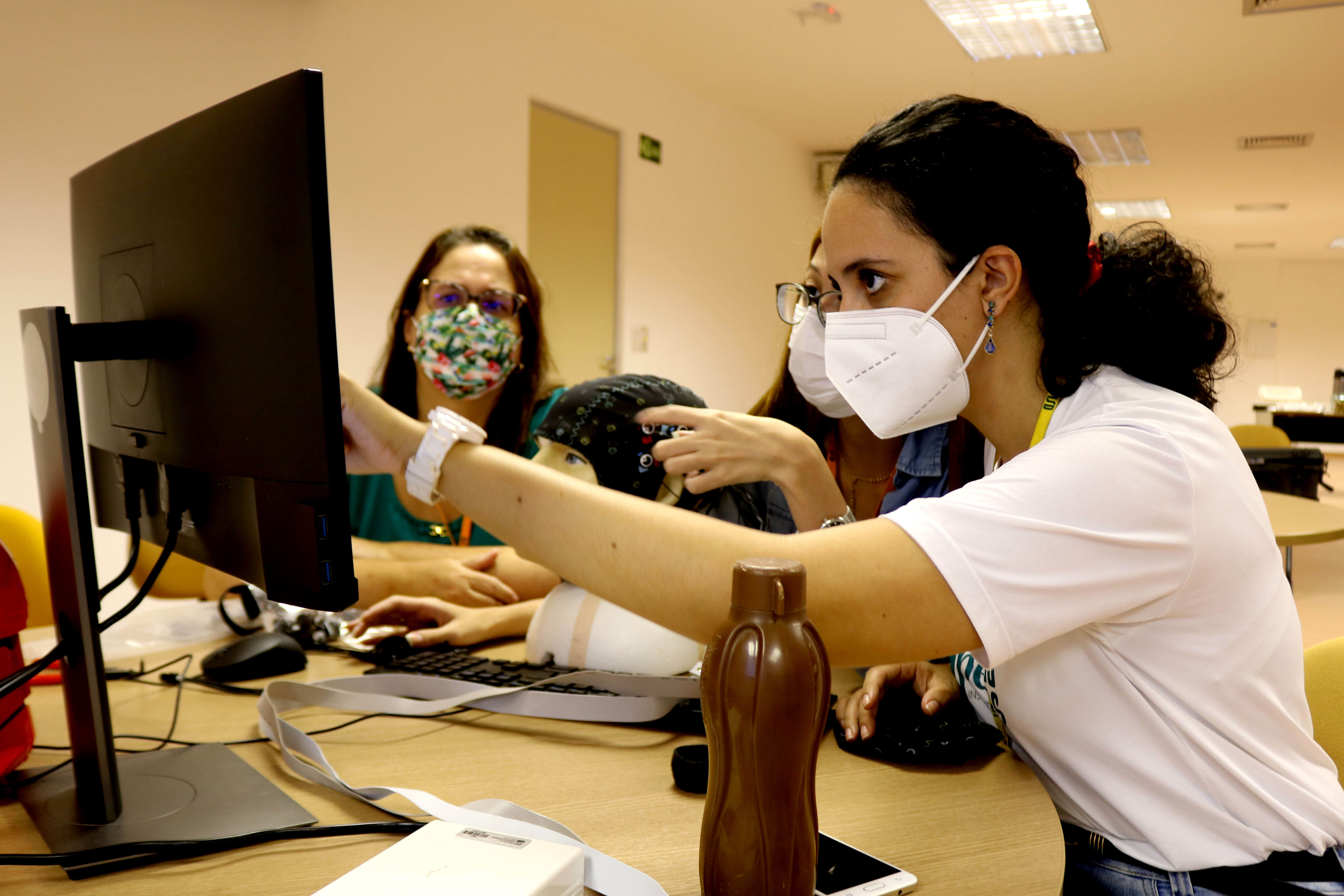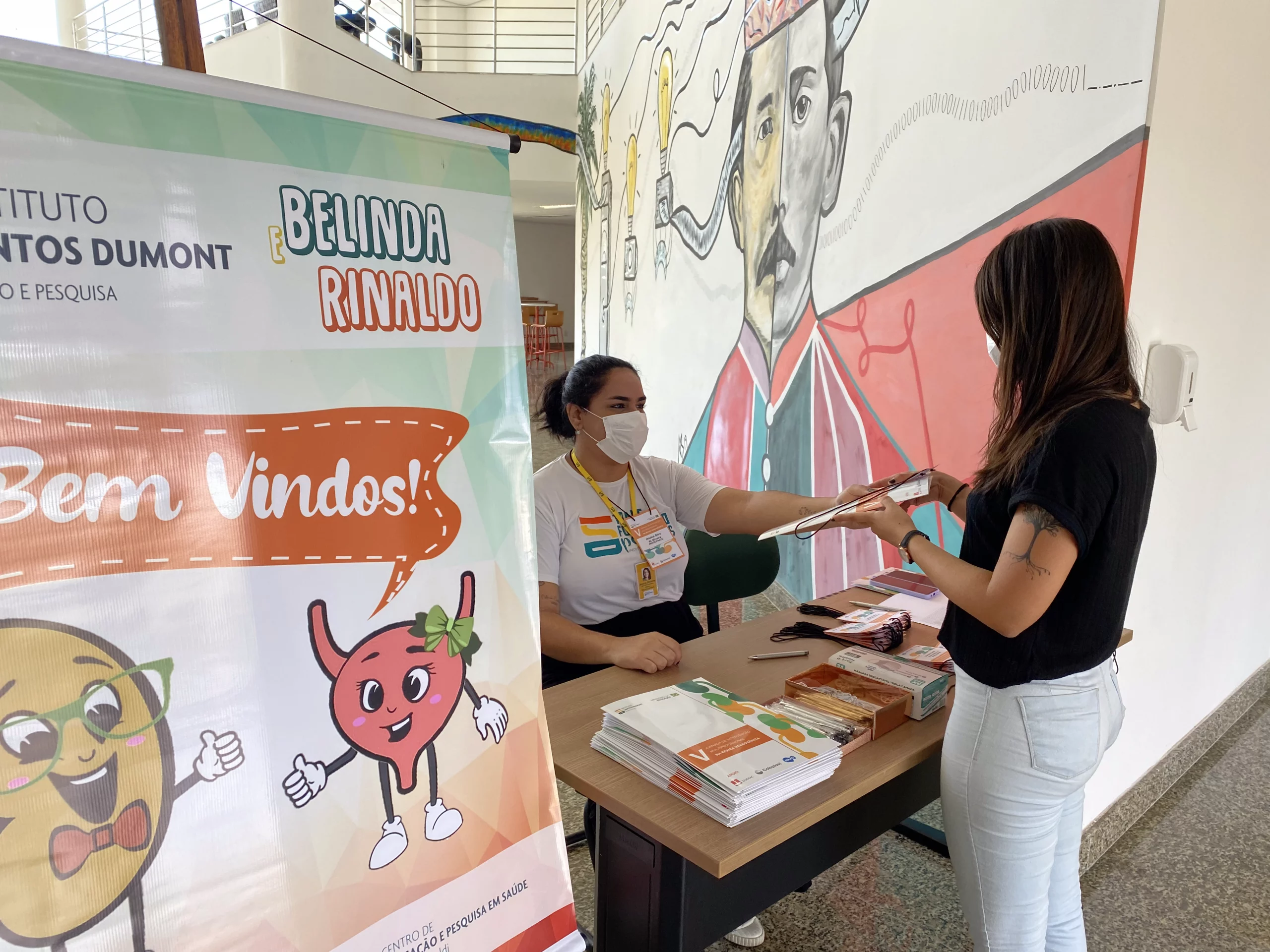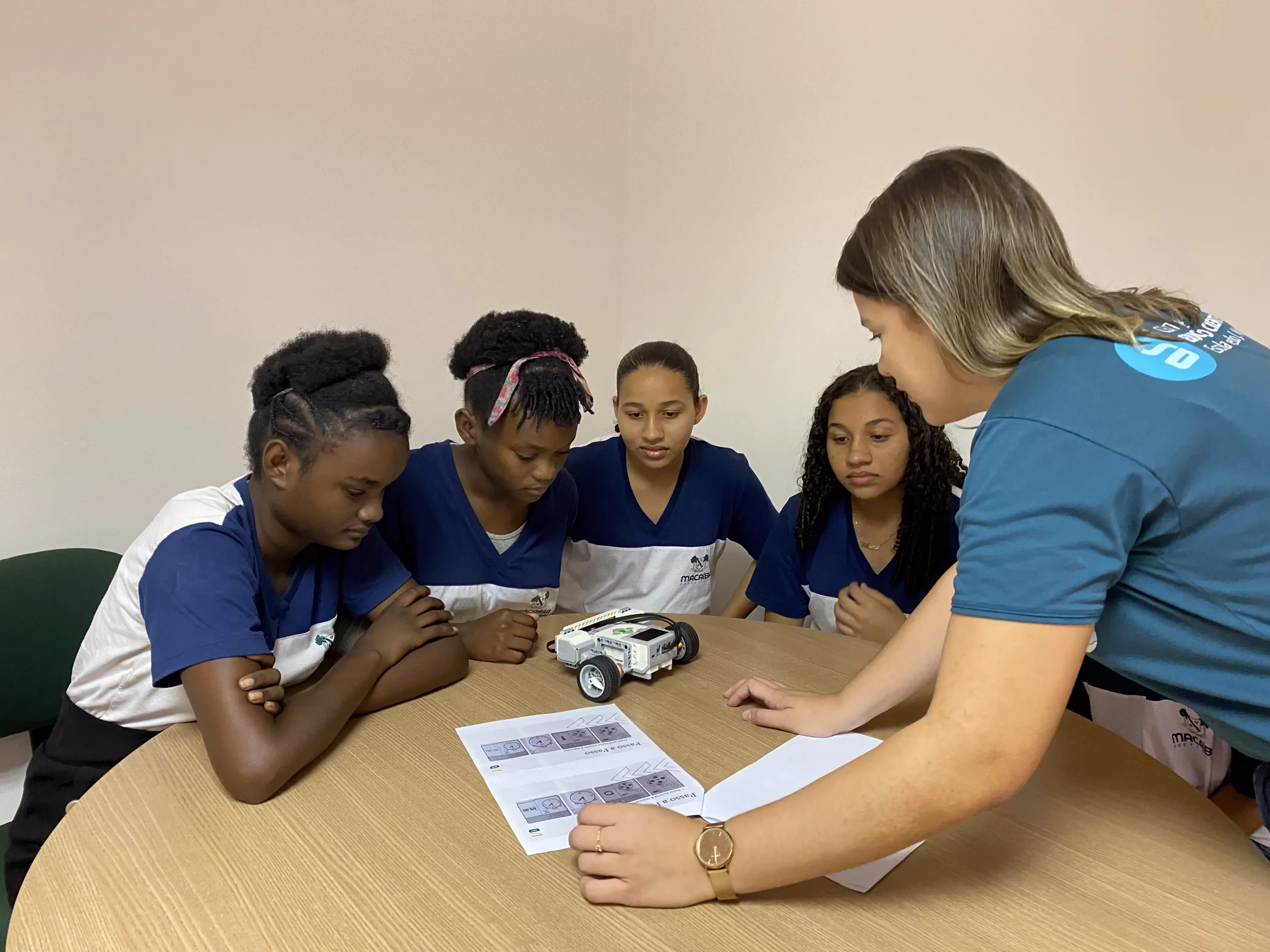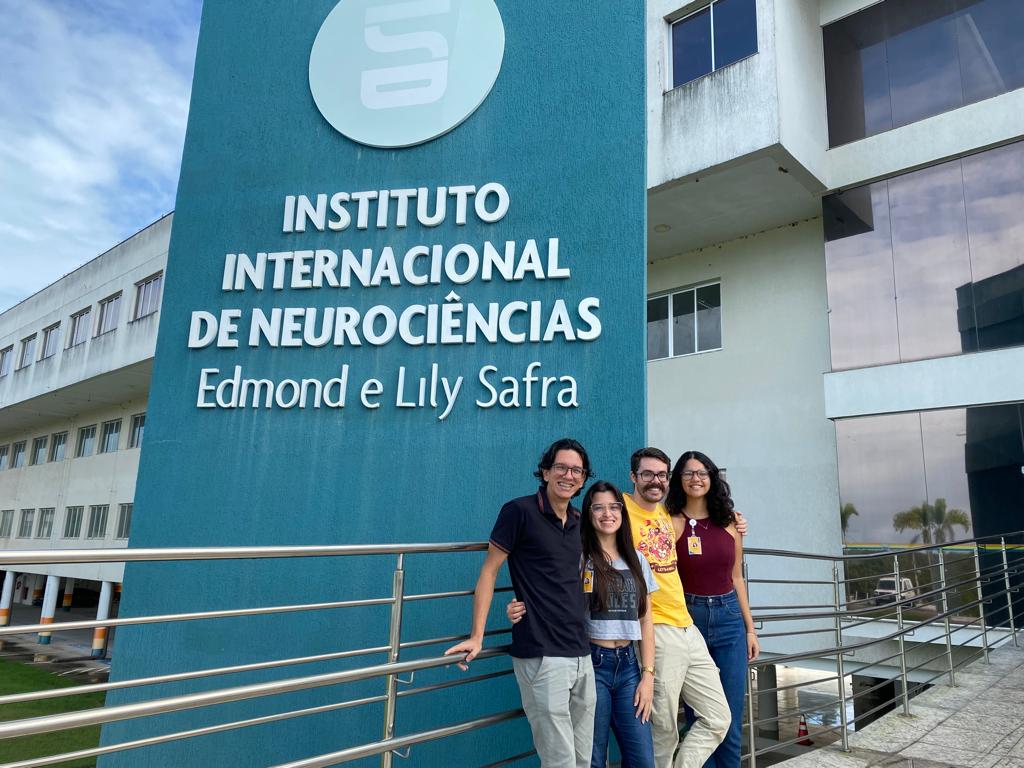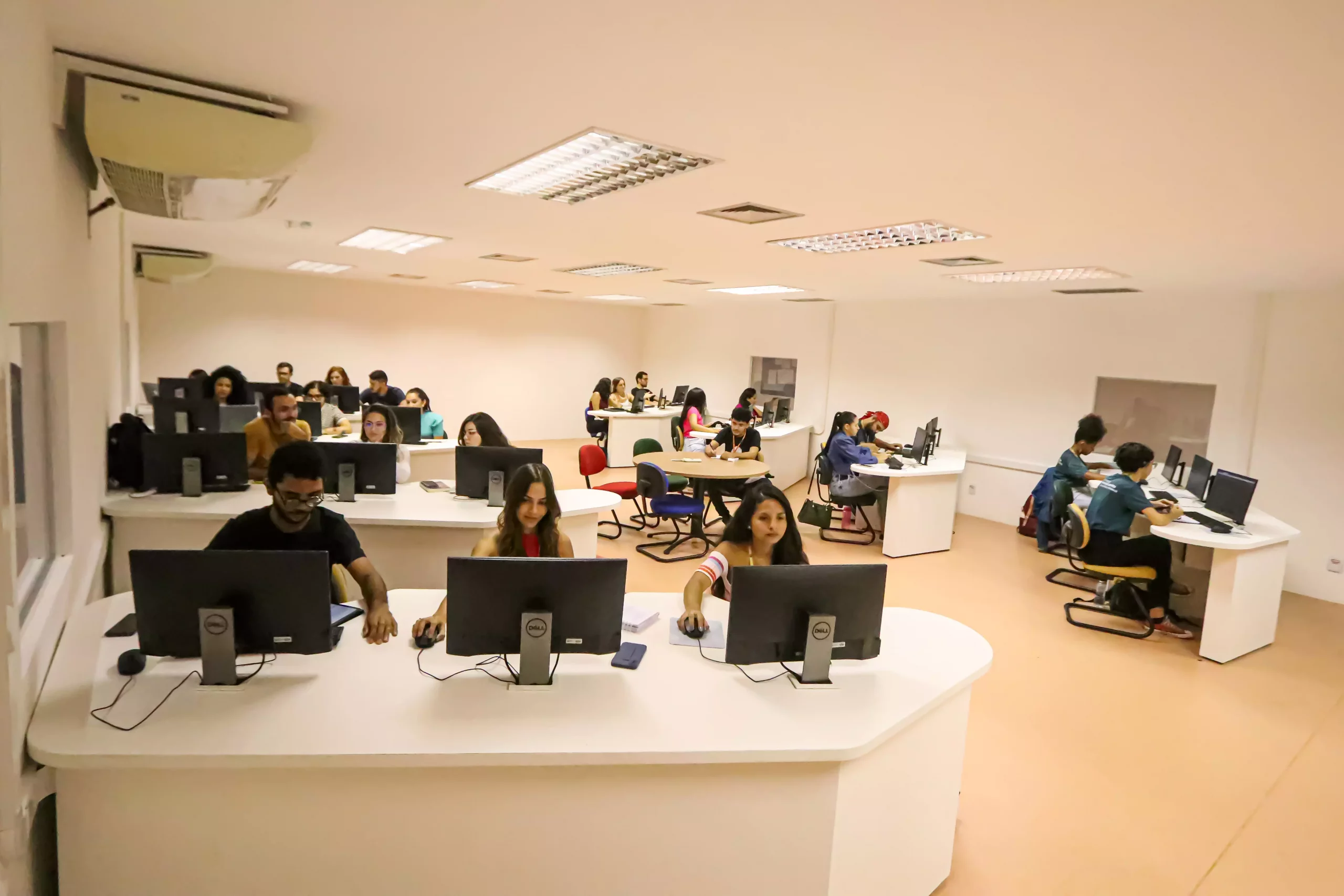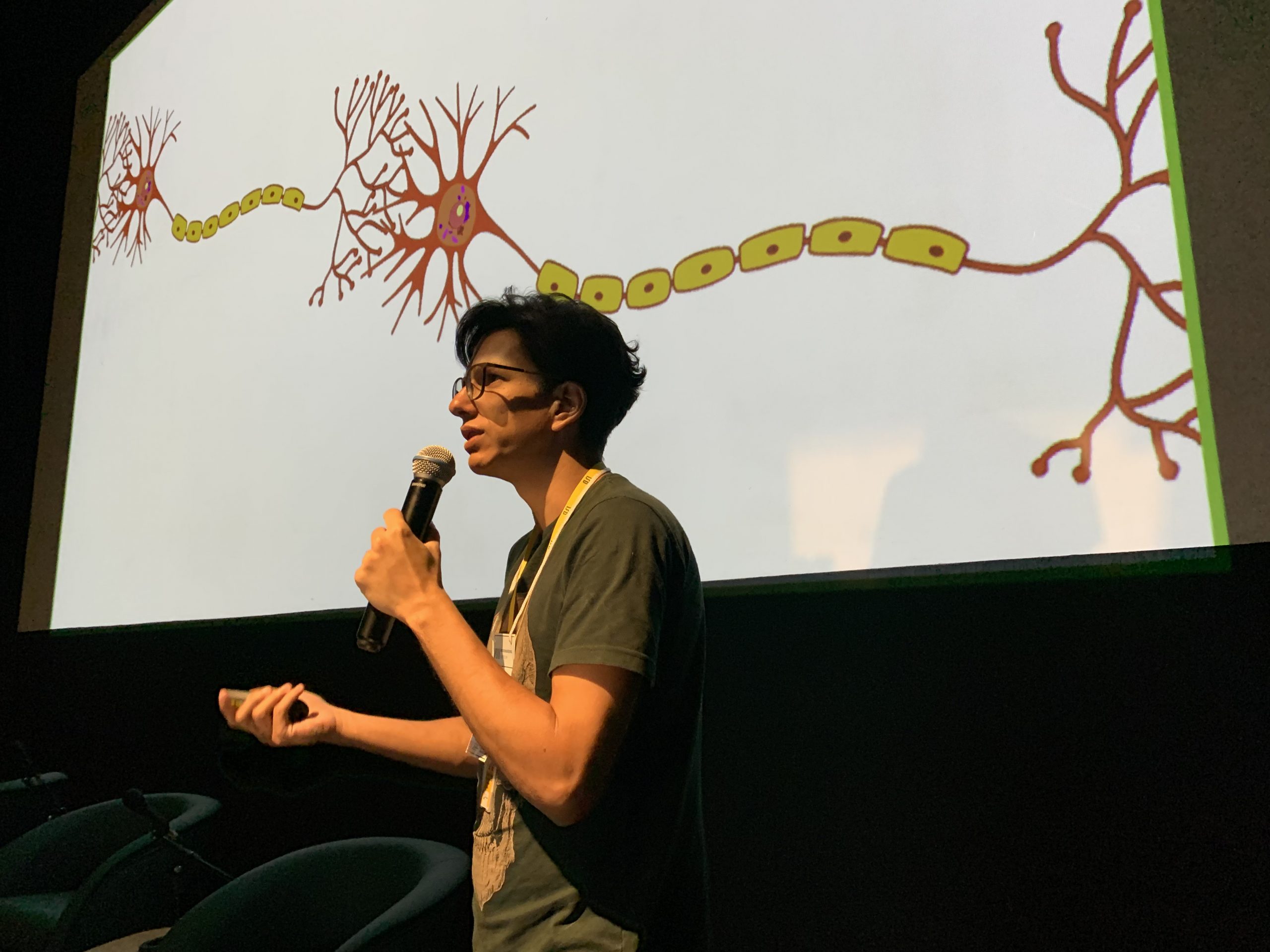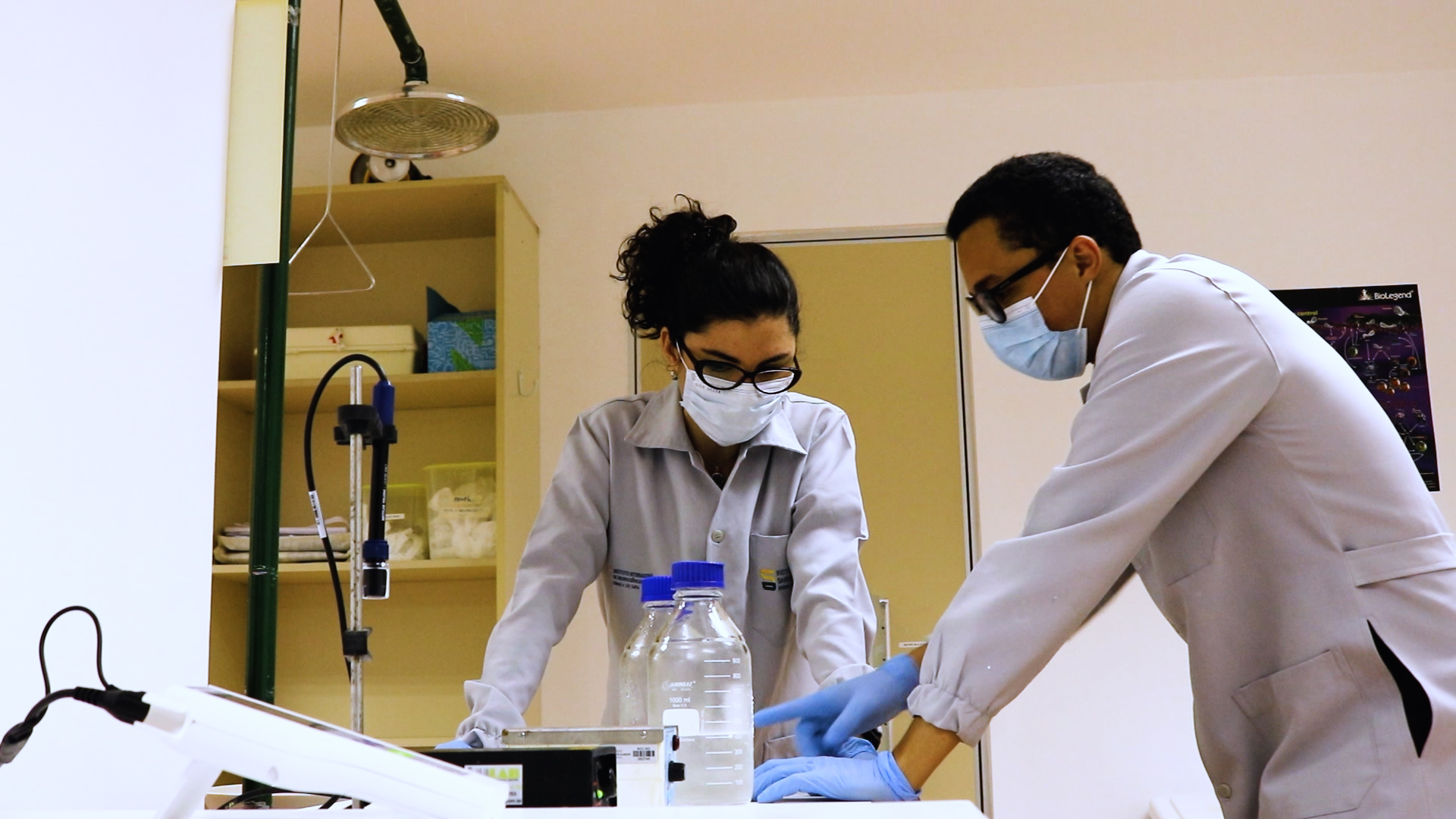Can you imagine being able to integrate methods of Neuroscience and Computation in order to learn more about the functioning of the nervous system and the limitations and dysfunctions associated with it? This is the daily life of students and researchers in the field of Neuroengineering, an area that unites aspects of Biological Sciences, Health Sciences, Engineering and Computation. The state of Rio Grande do Norte has the first and only postgraduate program in the area, based at the Santos Dumont Institute (ISD), recognized by the Brazilian Ministry of Education (MEC). With the goal of spreading more information about the research area to undergraduate students, ISD promotes in partnership with the Instituto Metrópole Digital (IMD) of the Federal University of Rio Grande do Norte (UFRN), lectures to present the area of Neuroengineering for interested students and researchers. The event will take place on April 12, at the IMD Auditorium. The participants will receive a certificate of attendance.
The event will take place at two times: Morning 5-6 (from 10:50 am to 12:30 pm) and Afternoon 5-6 (from 4:50 pm to 6:30 pm), and will be presented by professor-researcher and Coordinator of the Master’s Program in Neuroengineering from ISD, Abner Rodrigues Neto , who develops studies in the area of Computer Science with emphasis on Artificial Intelligence, Signal Processing and Time Series Analysis applied to Neuroengineering. The lecture will also have the presence of the professor-researcher André Dantas who studies Signal Processing, PID, Predictive, Fuzzy, Adaptive and Intelligent Control Systems also applied to Neuroengineering.
Professor of the Bachelor’s Degree in Information Technology at UFRN and one of the organizers of the event, Renan Moioli highlights that the progress of Neuroscience is directly linked to IT. “The progress of IT, in particular Artificial Intelligence, goes hand in hand with the progress of Neuroscience. A greater understanding of brain mechanisms contributes to the development of new technologies, such as Brain-Machine Interfaces, but also therapies, such as neuromodulation, all of which are supported by sophisticated computational approaches and models”, says Moioli.
Getting to know more about the studies developed in the field and the possibilities of research and product development, therefore, should expand the range of career possibilities that can be followed by the undergraduate students. “In this sense, Neuroengineering stands out as the technological arm that connects academic knowledge to the needs of the population. Therefore, it is essential that we create spaces like this one in partnership with the ISD, in which students and the academic community can envision broader future and current perspectives for their careers”, completes Renan.
With a PhD in Bioinformatics and Master’s in Computer Science, Professor Abner Rodrigues, who currently coordinates the Master’s in Neuroengineering at ISD, emphasizes that there is a need for more IT professionals in the area, to work in various fields. “ “Things such as computing, software development, embedded systems are pillars of Neuroengineering. To develop the devices and create an interface for living tissues, we need to associate concepts from Engineering, Health Sciences and Biological Sciences with IT. In the area, there are professionals who work from the creation of circuits to data analysis, for example,” he says.
Abner also highlights that one of the interesting aspects related to this field of knowledge is the fact that many things are still new and in the process of being discovered, which gives scholars in the area unique opportunities to develop new products, solutions and research. “We are talking about an area that is on the frontier of science. Many products do not yet exist within the market and even within science, so there is a great opportunity to develop new products and studies,” he says.
In addition, with the increase in life expectancy of the population, neurodegenerative diseases and technological solutions to live with limitations of movements and functions related to the brain, for example, should become increasingly frequent on the planet, and the interest in studies in this field also tends to grow.
“The field of Neuroengineering is still very unknown by the general public, even to people who are already involved in other engineering areas. Few people know that very close to them, in Macaíba, there is a pole of national reference in the area of Neuroengineering. So, I believe that, right away, a relevant aspect of the event is that we present this area to students and researchers to arouse their interest in developing studies in this field”, highlights Abner.
Master’s in Neuroengineering
The Master’s Program in Neuroengineering from the Santos Dumont Institute was approved in 2013 by the Coordination of Improvement for Higher Education Personnel (CAPES), in the field of Biomedical Engineering. The activities, however, are not limited to people who graduated in this area: bachelor’s in Engineering, Exact Sciences, Health Sciences, Biological Sciences and Technology can and are also encouraged to apply. Interdisciplinarity between these fields is one of the pillars of the Master’s in Neuroengineering from ISD.
The activities of the Master’s take place in the Edmond and Lily Safra International Institute of Neuroscience (IIN-ELS, as portuguese abbreviation) and at the Anita Garibaldi Center for Education and Research in Health (Anita), two units of ISD located in the city of Macaíba, in the state of Rio Grande do Norte. At ISD, the students develop translational research, from the laboratories, where basic research in animal models is conducted, to the development of clinical solutions that will reach the users of the Brazilian Unified Health System (SUS).
Besides the Master’s students, ISD also has volunteer students of Scientific Initiation that are still completing their undergraduate programs.
Students and researchers, graduated or not, interested in learning more about the field of Neuroengineering can sign up for the lecture in advance through the form (https://forms.gle/TPgShx8hrtxYpg3L6). The event will have certificates of attendance. It is also possible to sign up on the time and day of the event, in person.
What: Lecture – Meeting the Neuroengineering
When: April 12th, 2022
Time: 10:50am – 12:30am OR 04:50pm – 6:30pm
Where: Auditorium C, School of Science and Technology, UFRN.
Sign up: https://forms.gle/TPgShx8hrtxYpg3L6
Text: Mariana Ceci / Ascom – ISD
Picture: Mariana Ceci / Ascom – ISD
Contact
comunicacao@isd.org.br
(84) 99416-1880


